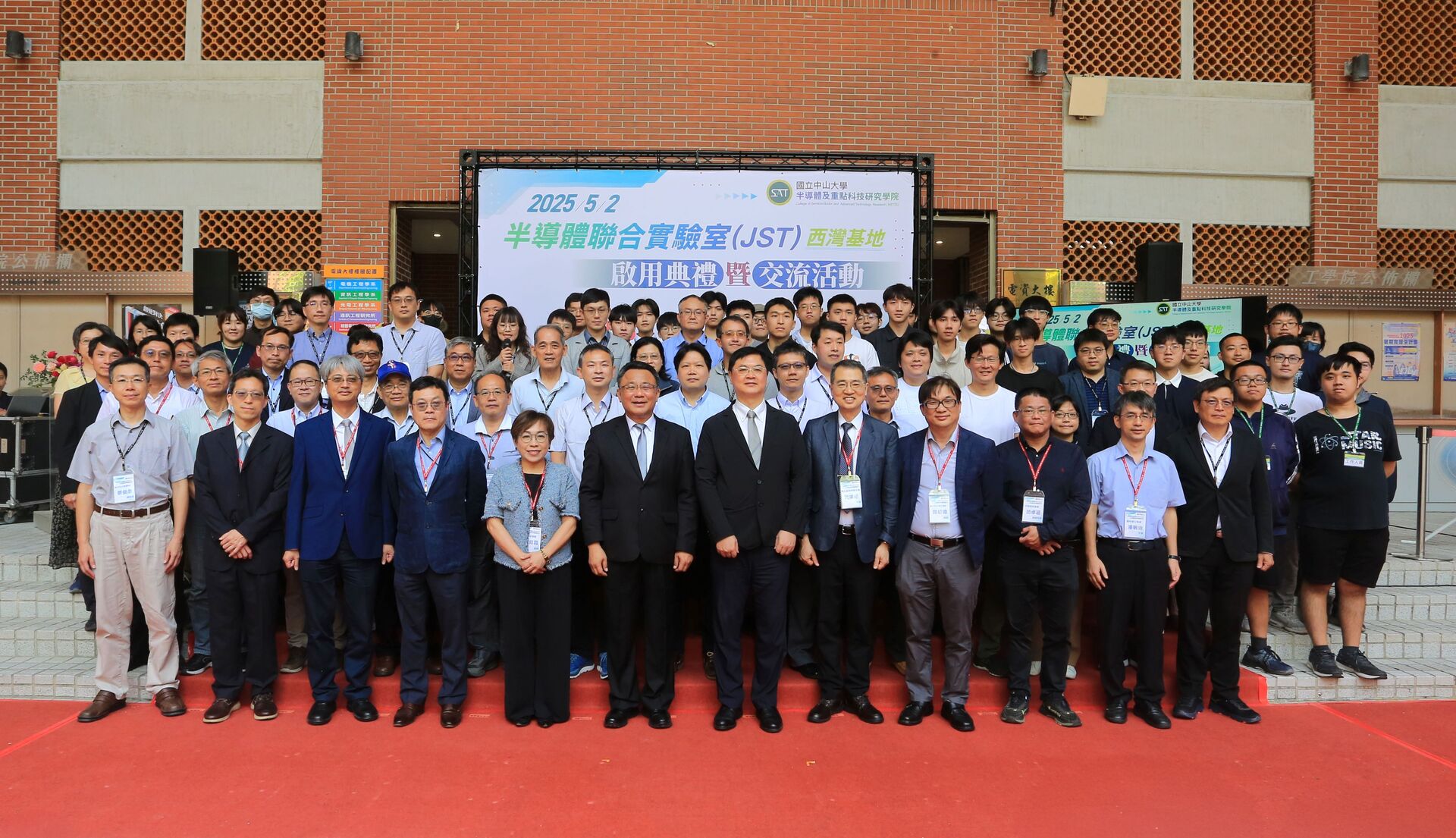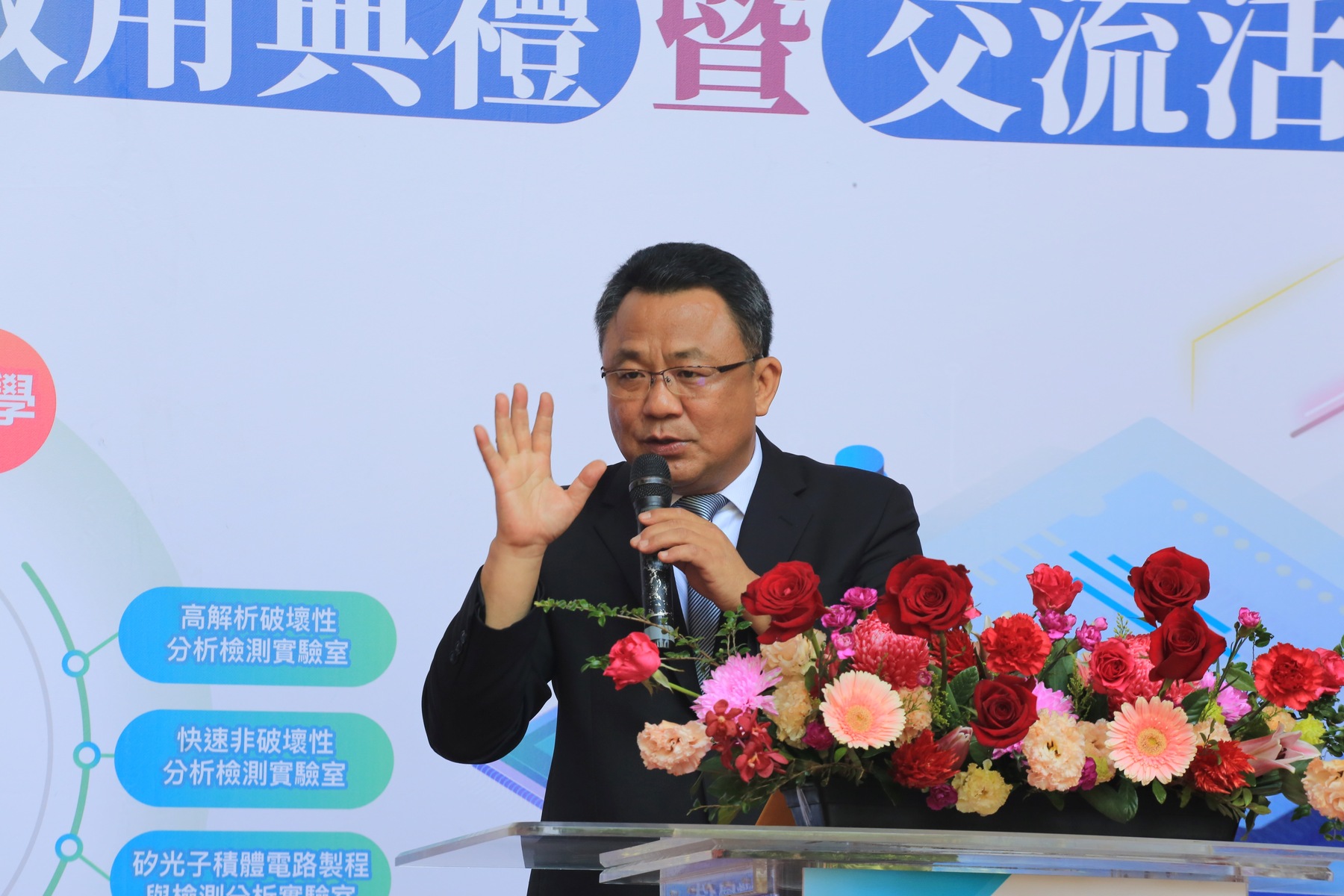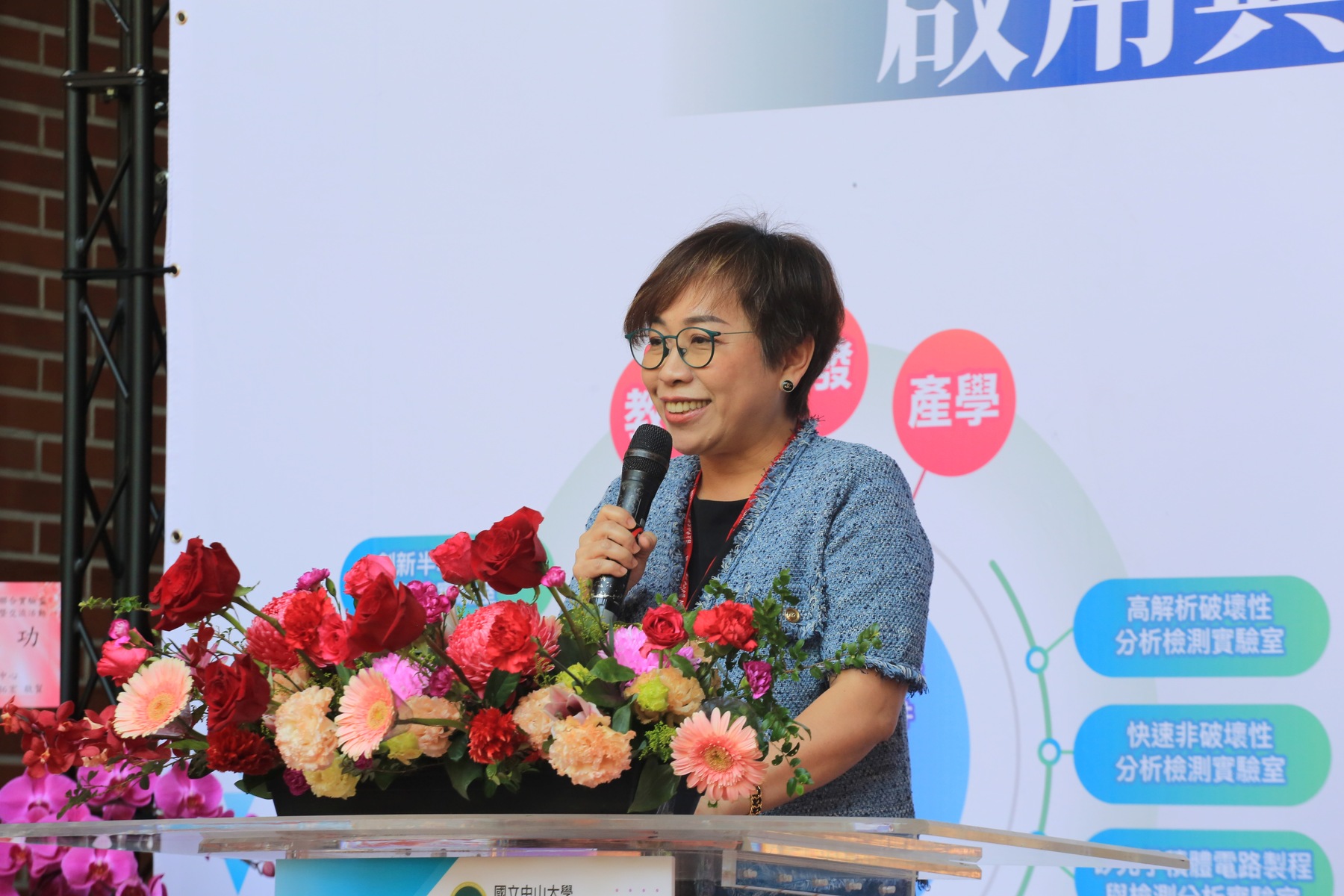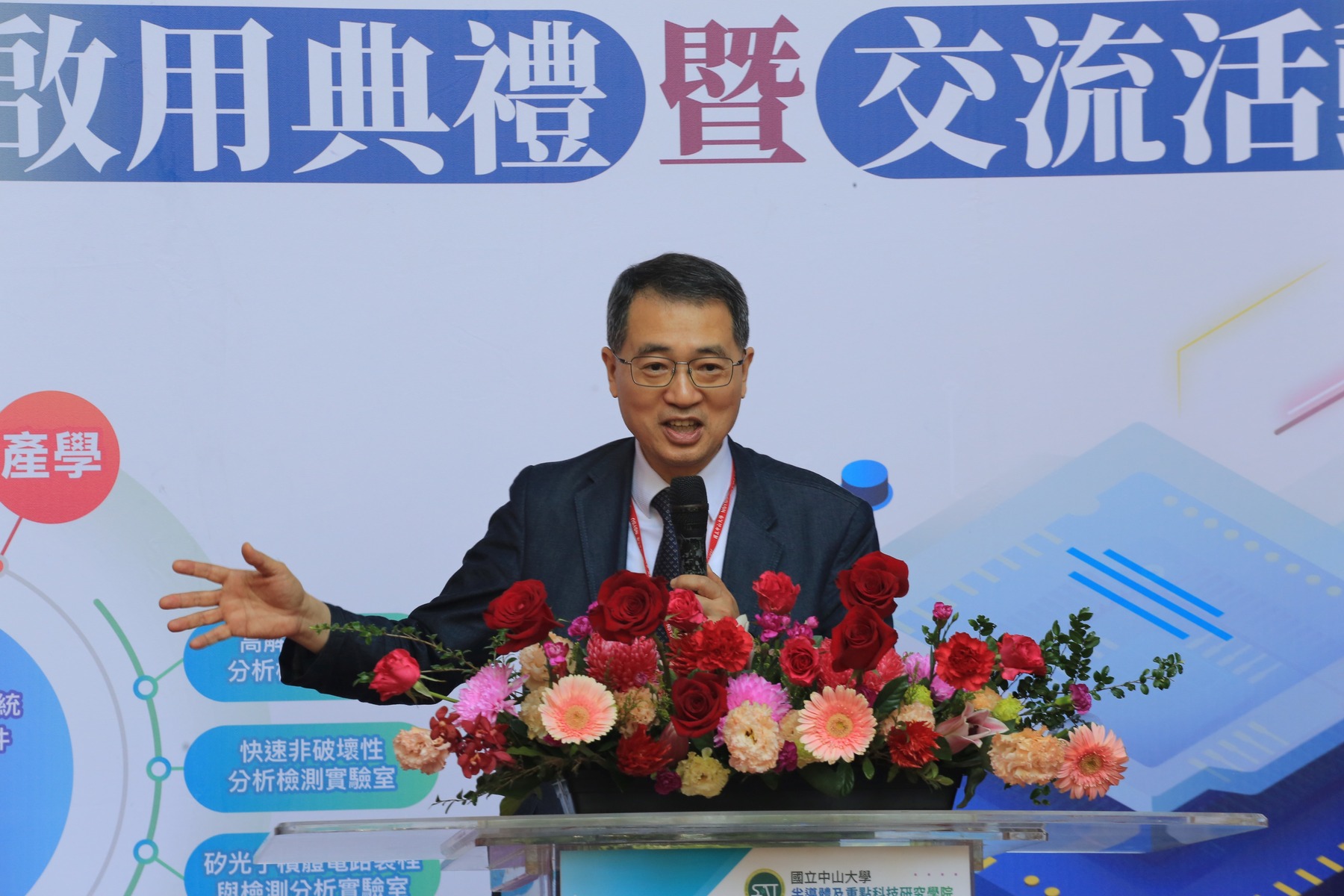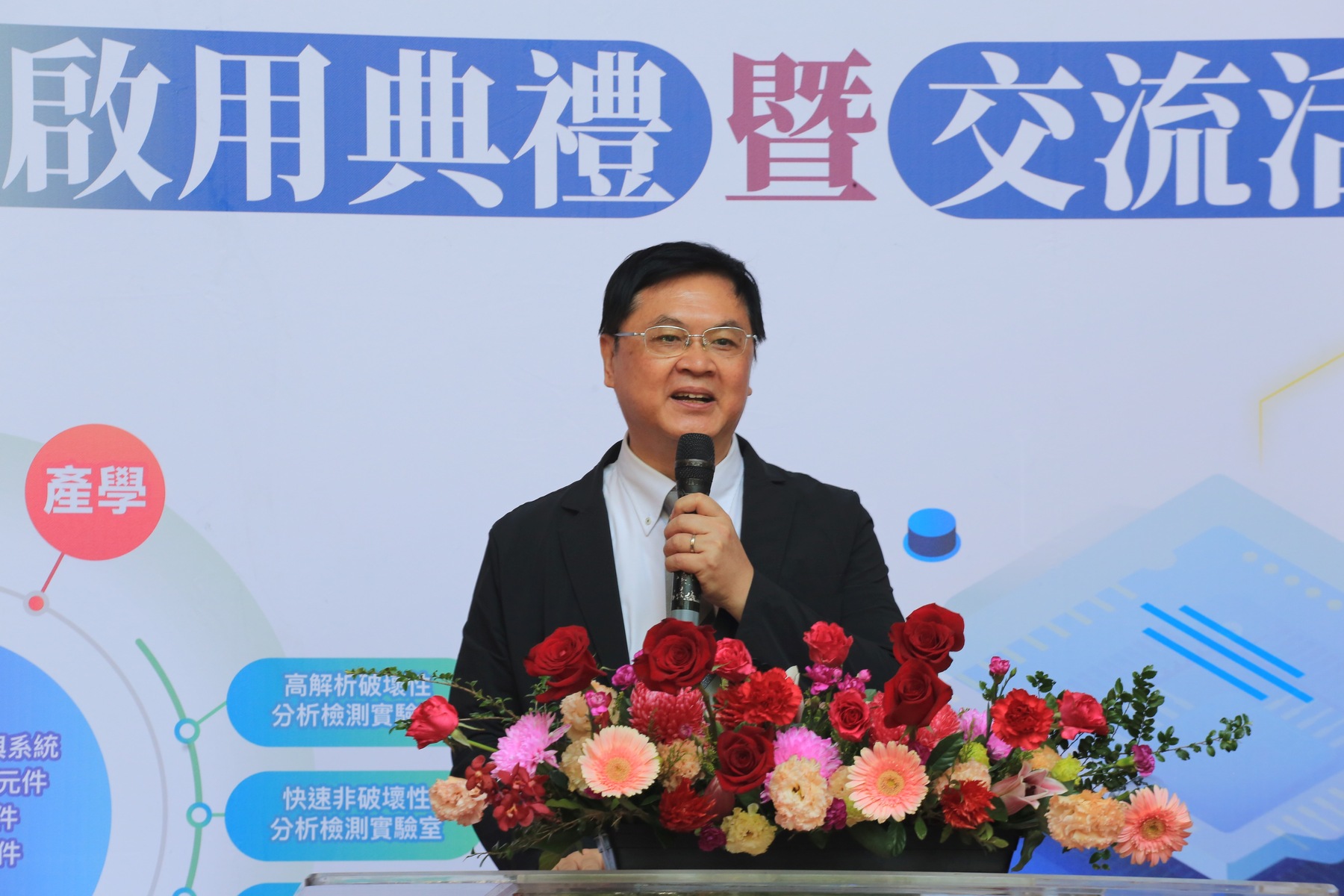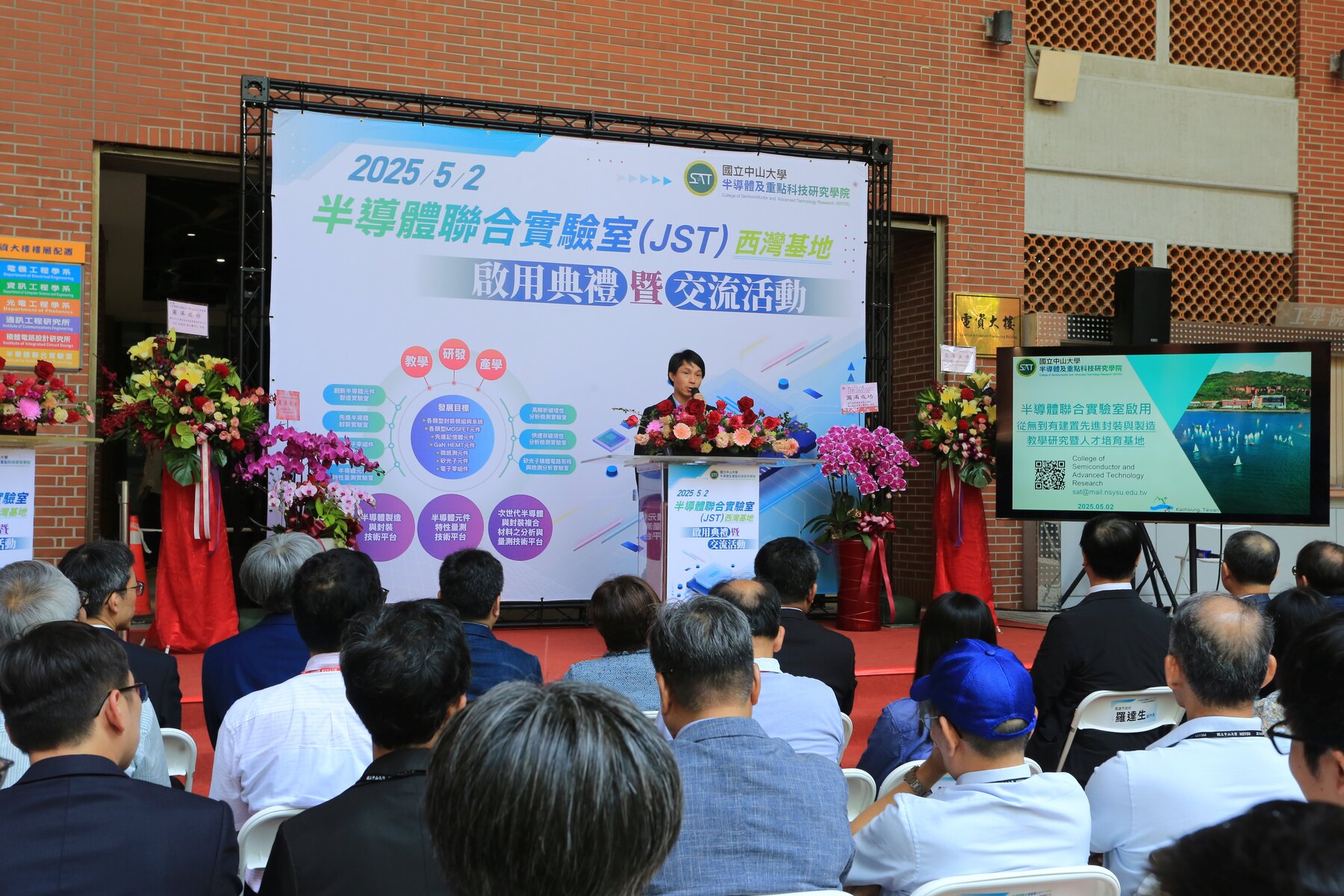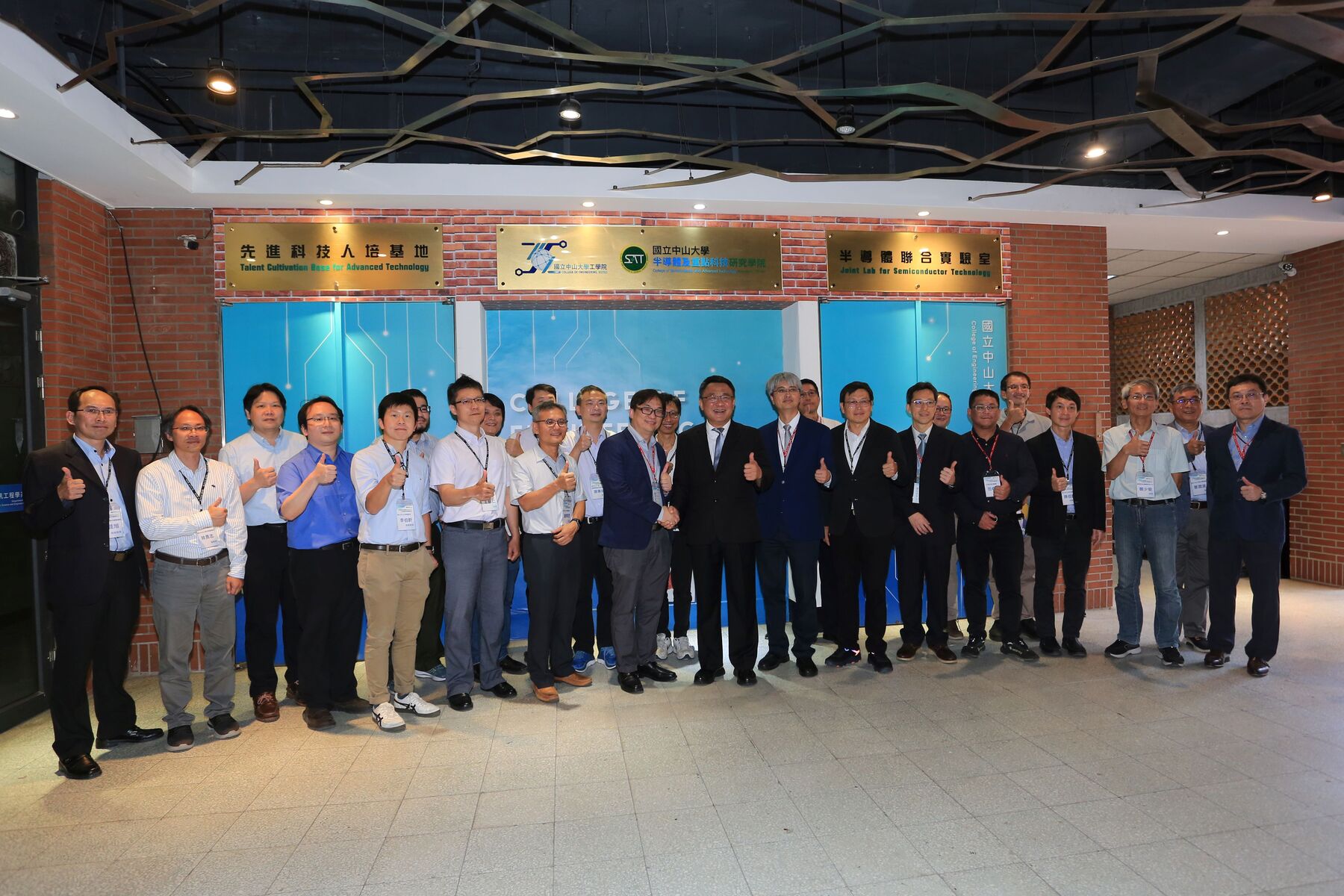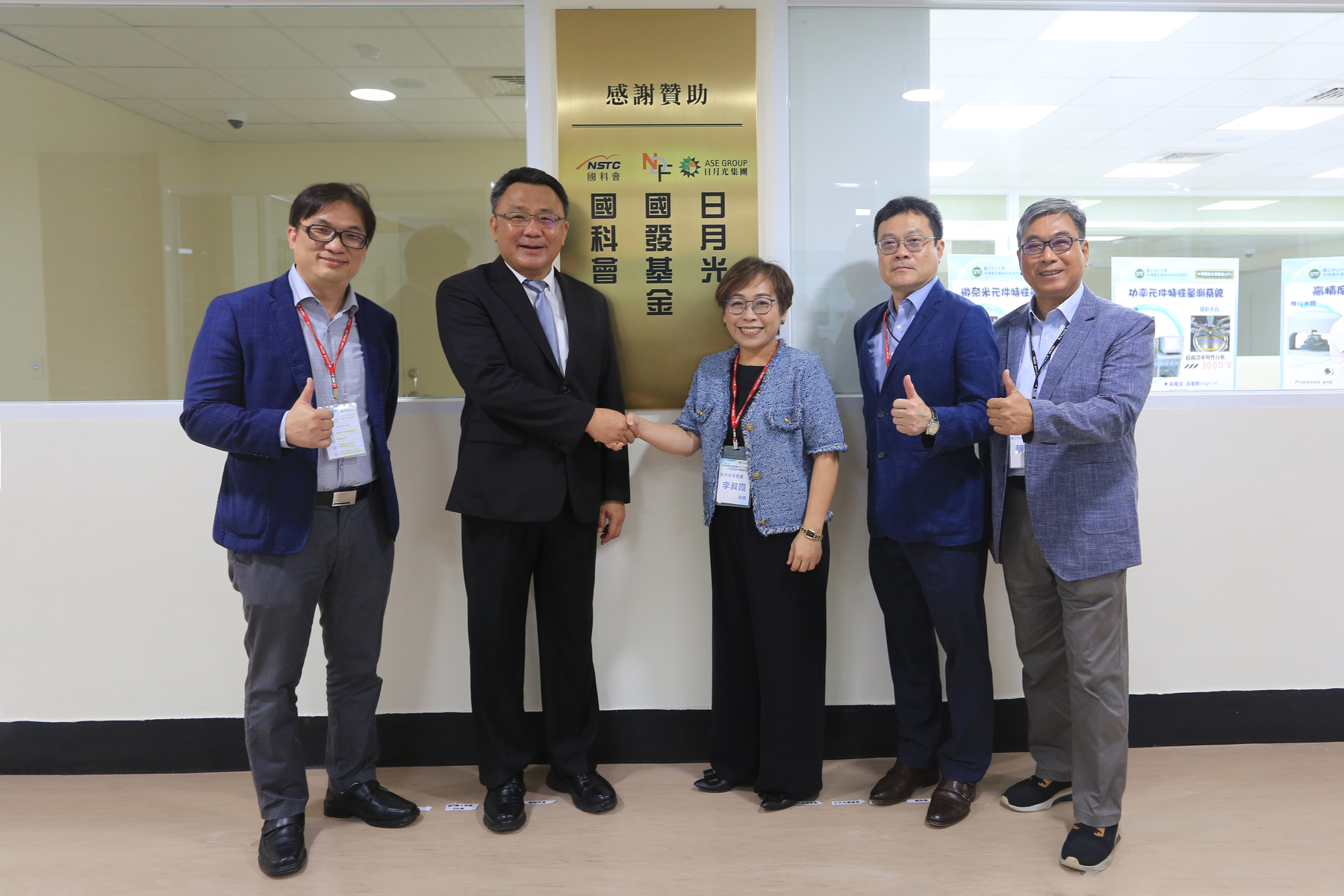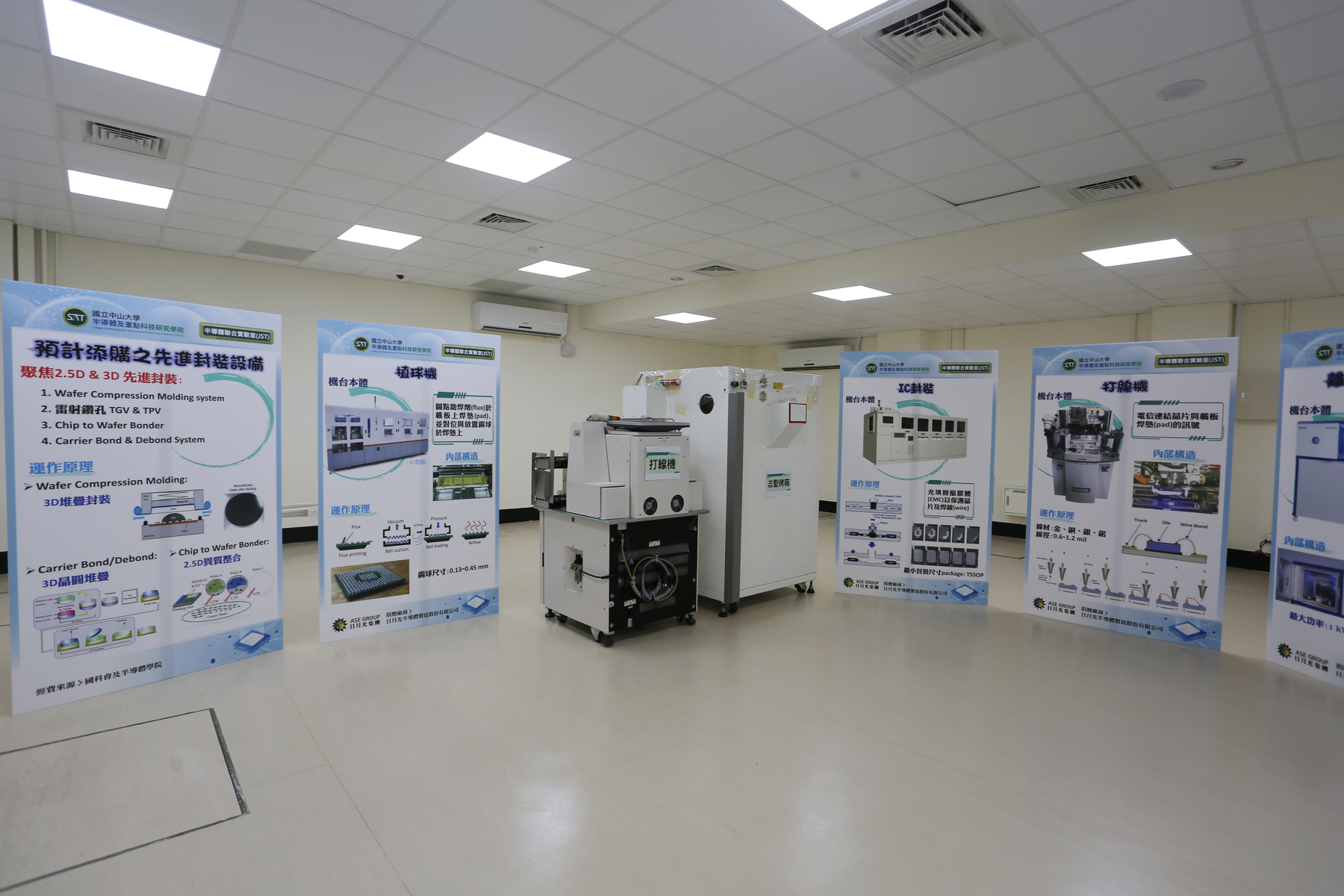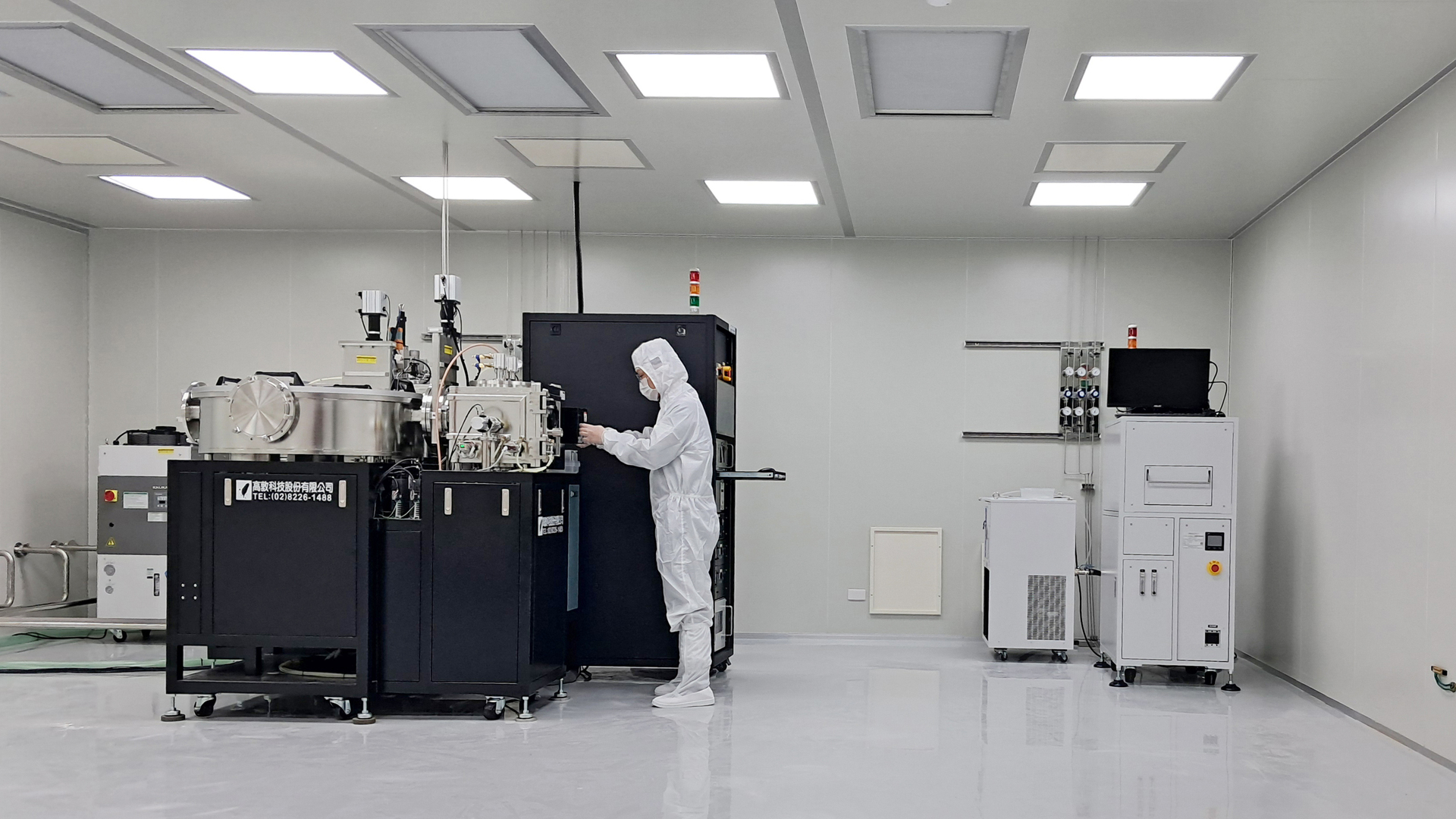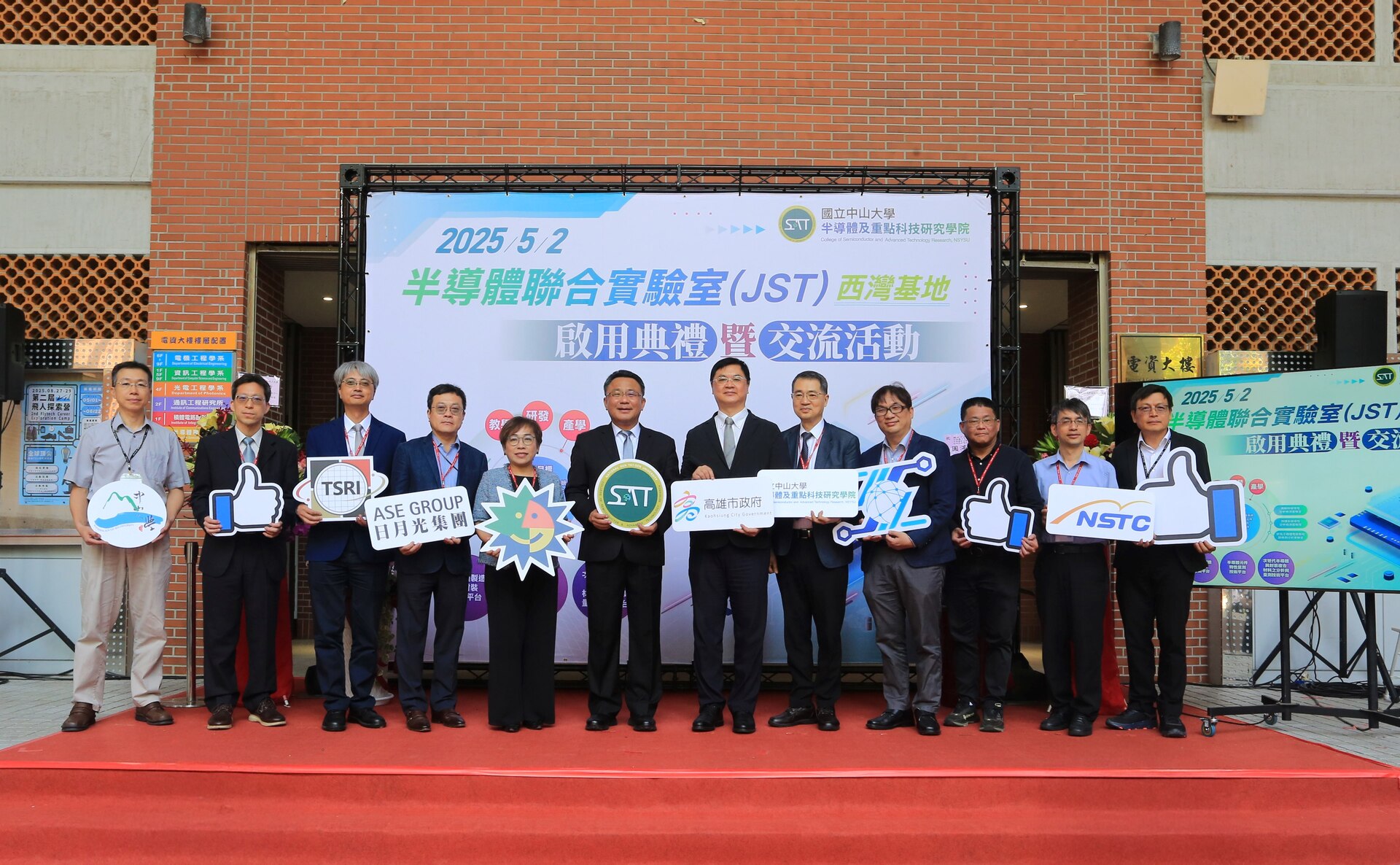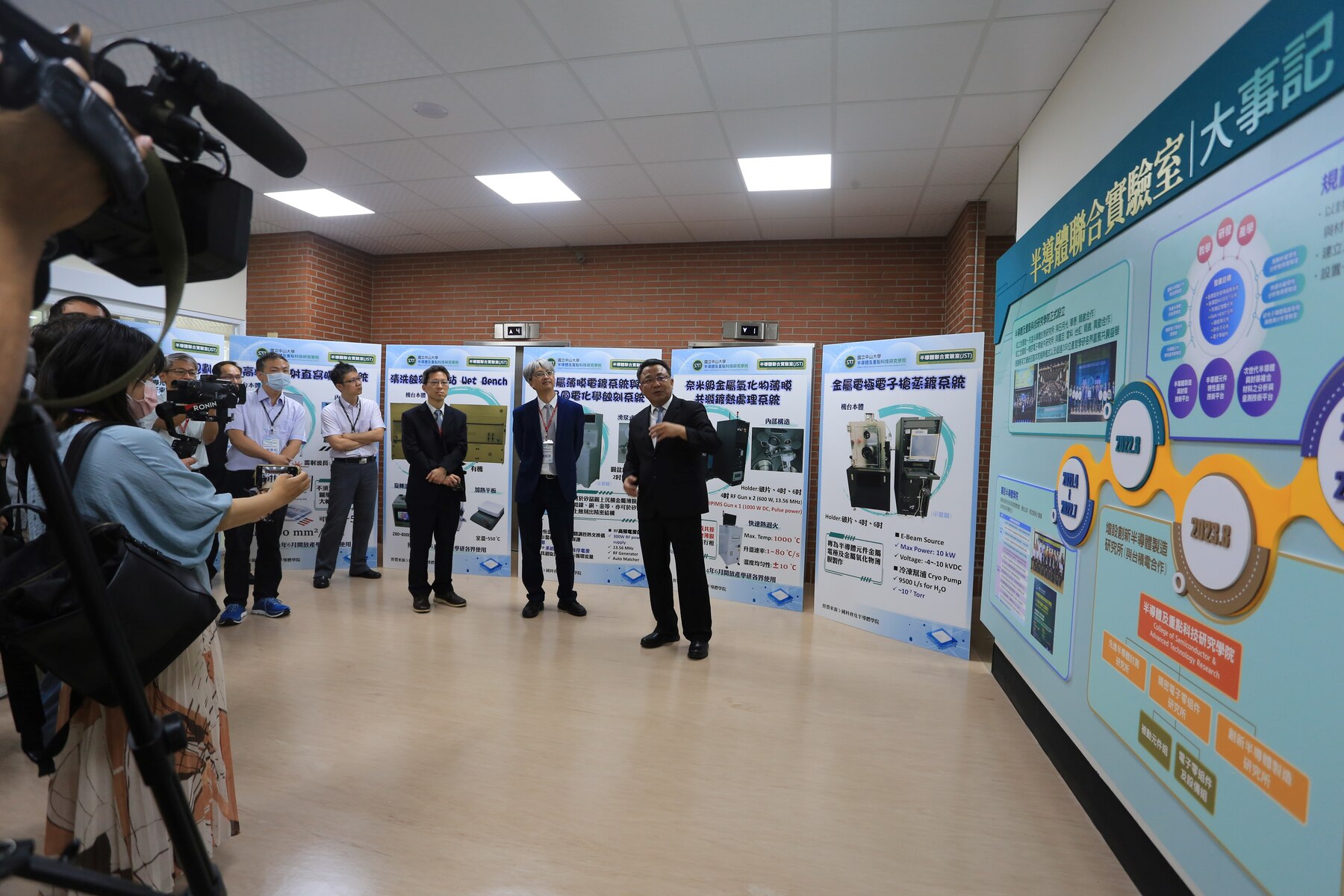NSYSU launches its Joint Lab for Semiconductor Technology with a TWD 800 million investment over five years
2025-07-28
The College of Semiconductor and Advanced Technology Research at National Sun Yat-sen University (NSYSU) has officially launched and unveiled its Joint Lab for Semiconductor Technology in Southern Taiwan, planning to raise TWD 800 million over five years. This advanced research and talent cultivation facility, capable of semiconductor manufacturing, packaging and testing, electronic components, materials characterization, aims to address the long-standing shortage of large-scale joint laboratories in southern Taiwan. In collaboration with the Taiwan Semiconductor Research Institute (TSRI), the lab expects to support over 5,000 industry-academic R&D and contract service opportunities annually, contributing significantly to Taiwan's global semiconductor leadership and Kaohsiung's innovation-driven development.
The unveiling ceremony was attended by key figures, including Kaohsiung Deputy Mayor Ta-Sheng Lo, National Chi Nan University President Dong-Sing Wuu, ASEKH VP Sunny Li, and Director General of the TSRI Tuo-Hung (Alex) Hou. Dean I Yu Huang, the founding director of NSYSU's College of Semiconductor and Advanced Technology Research, explained that the university raised TWD 30 million from industry partnerships and the National Development Fund to establish the Joint Lab for Semiconductor Technology at Sizihwan base. With support from the National Science and Technology Council's college of semiconductor strategic equipment construction initiative, and integrating the College of Science and Engineering, the university plans to install around 60 pieces of advanced R&D equipment over five years, 17 of which exceed TWD 10 million in value.
ASE Group, a global semiconductor leader, has committed to donating packaging and testing equipment annually. This support enables NSYSU to establish Taiwan's only large-scale comprehensive semiconductor packaging and testing lab within a university. This creates a uniquely integrated research platform that links semiconductor manufacturing, materials analysis, and passive component labs, thereby enhancing talent training and long-term industry competitiveness.
Kaohsiung Deputy Mayor Ta-Sheng Lo noted that NSYSU College of Semiconductor and Advanced Technology Research is home to one of only two semiconductor colleges in Taiwan south of Hsinchu. Since its founding in August 2022, the college has enrolled 369 master's students and has established deep partnerships with major semiconductor players, including ASE, OSE, WinWay, YAGEO, TAIFLEX, Laser Tek, Thinking Electronic, Flexium, E&R Engineering, and TSMC. Over the next decade, the program aims to cultivate more than 1,200 master's and doctoral graduates to join Taiwan's national industry team.
Dean Huang further emphasized that the establishment of the NSYSU College of Semiconductor and Advanced Technology Research not only addresses Taiwan's industrial talent needs but also offers a key solution to the challenges of population decline and the skills gap. The newly opened Joint Lab for Semiconductor Technology focuses on packaging and testing while integrating three development areas, including semiconductor fabrication, metrology, and materials analysis. They are under three core curriculum advanced semiconductor manufacturing and packaging, device characterization and analysis, and developing next-generation semiconductor materials. At the same time, the joint facility comprises seven specialized labs: an innovative semiconductor device fabrication lab, an advanced semiconductor packaging lab, a precision electronic component lab, a device characterization lab, a rapid nondestructive testing lab, a high-resolution destructive analysis lab, and a silicon photonics integrated circuit fabrication and analysis lab. Through the integration of academic, industrial, and governmental resources, NSYSU aims to continuously strengthen Taiwan's research capabilities and global competitiveness in critical technologies such as semiconductors.
